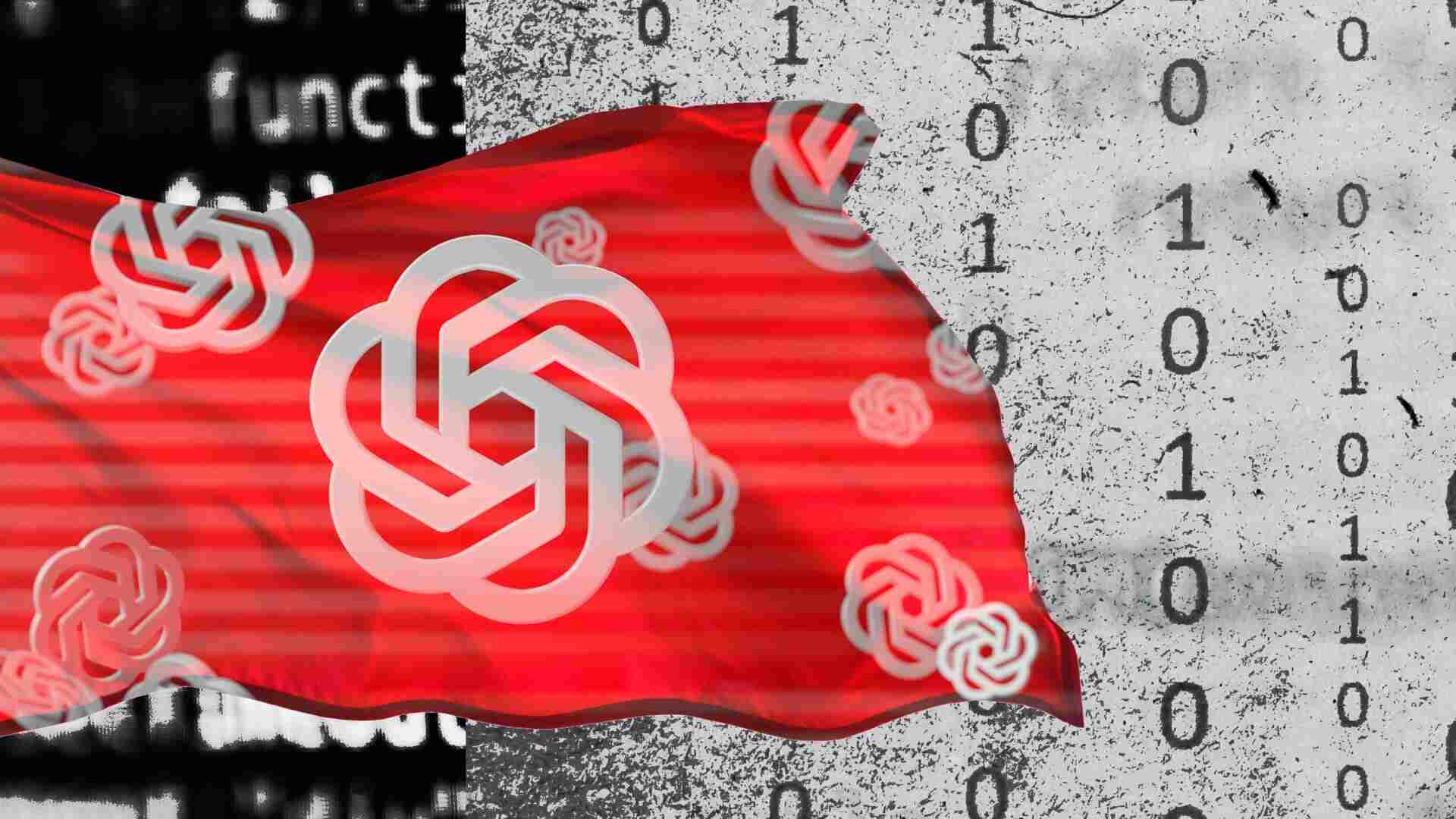- | 9:00 am
OpenAI insiders’ latest open letter is a warning against AI. Will anyone listen?
Yet another open letter was released warning about the risks of artificial intelligence. But are we seeing diminishing returns with these calls to action?

Another day, another open letter: Current and former staff members at OpenAI and a handful of other companies issued on Tuesday a warning about growing recklessness and secrecy at some of the world’s biggest AI developers.
According to those who signed the “Right to Warn” letter, which includes current and former staff members at OpenAI, Google DeepMind, and Anthropic, the open letter is designed to ensure the public is aware of the risks posed by an increasingly overhasty tech sector.
The letter follows similar missives warning about the risk of runaway AI development (signed by Elon Musk and others), as well as letters by a U.K. IT industry body arguing AI is a force for good to humanity; a letter calling for an international AI treaty; a letter calling for copyright owners to be respected; a letter ahead of November 2023’s Bletchley Park AI Safety Summit; and scores of others.
“Part of the reason you might be seeing more of these open letters more recently with respect to AI organizations is that a number of these AI organizations are very mission-focused, talking about changing the world,” says Andrew Brodsky, assistant professor of management at McCombs School of Business at the University of Texas at Austin, and a scholar of workplace communication.
“Suddenly, when something happens that violates your expectations of what the organization should do, employees tend to react,” says Brodsky. “And one of the ways that they might react is by making these public statements that they feel can help push the organization back toward their mission.”
Certainly, that seems to be the case in the example of this week’s letter. It’s designed to act as a course corrective, warning that the current status quo within OpenAI can be quite harmful.
And to some extent it has worked. This latest letter has, like many others, been covered by the world’s media. (Fast Company is doing so right now in writing this story.) But are there risks of diminishing returns when it comes to open letters—death by a thousand signatures?
On the one hand, open letter weariness is a real thing. “I haven’t signed a few that have come by that are super relevant and that I agree with,” says Margaret Mitchell of Hugging Face, an AI company. “I suppose fatigue is the right word. Also, the sense that they’re blurring together or becoming more like a dime a dozen.”
Mitchell says that the most recent letter is different than those that have come before, in that it hits on something that is vitally important—accountability within the companies spearheading the current generative AI revolution. And unlike many past letters, it avoids mealy-mouthed claims that come about because of writing by consensus and coalition. “Bringing together a ton of people to sign something comes up against the fact that there will be strong disagreements on what they’d be comfortable signing, leading to vague language,” says Mitchell. “I don’t see the OpenAI letter as particularly wishy-washy.”
Instead, she sees the latest letter in the tradition of “tech workers navigating the reality of being on the lower end of a power differential.” (Mitchell herself was the focus of an open letter, when, in 2021, a coalition of AI research groups protested her dismissal by Google, alongside Timnit Gebru.)
And it’s not as if open letters haven’t worked at OpenAI before. After all, its CEO Sam Altman regained his job following a November 2023 boardroom coup after an open letter with hundreds of employee signatories was sent to the company’s board.
Collective messaging can be powerful. The problem is that this latest letter is fighting to be heard among a torrent of others.
“When you have tons and tons of letters coming out, a lot of them will get lost in the mass because people only have so much attention,” says Brodsky, the University of Texas business school professor.
However, Mitchell has hope that this one is different and will be heard above the crowd. “This open letter is aligned with a tradition in tech of putting pen to paper and sharing broadly with the world, as a call for help,” she says. “It’s sometimes the only thing you can do when you’ve exhausted all other avenues to change a terrible situation.”







































